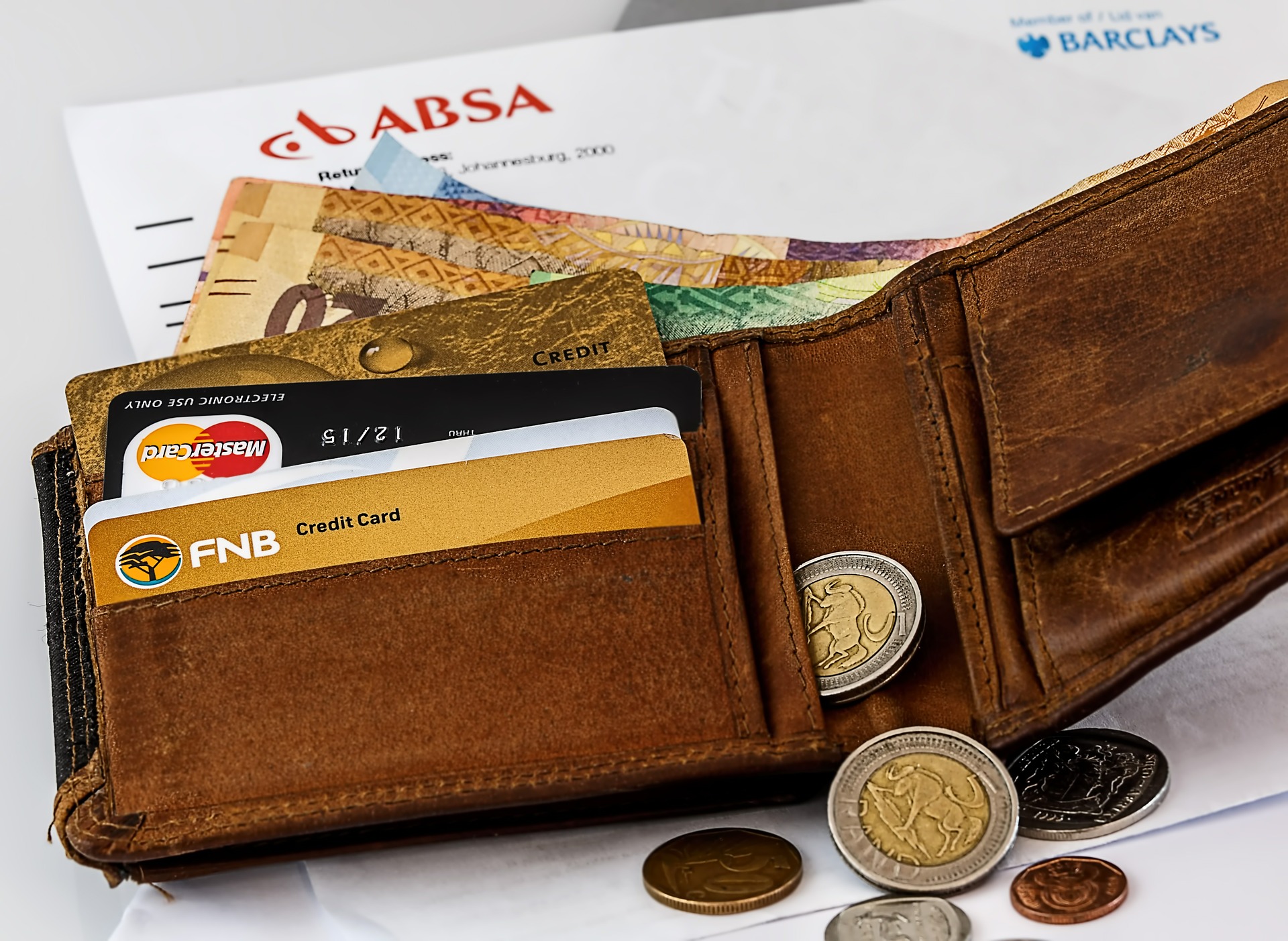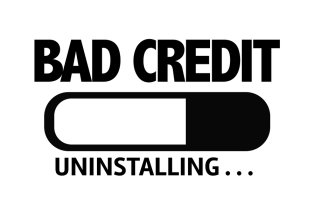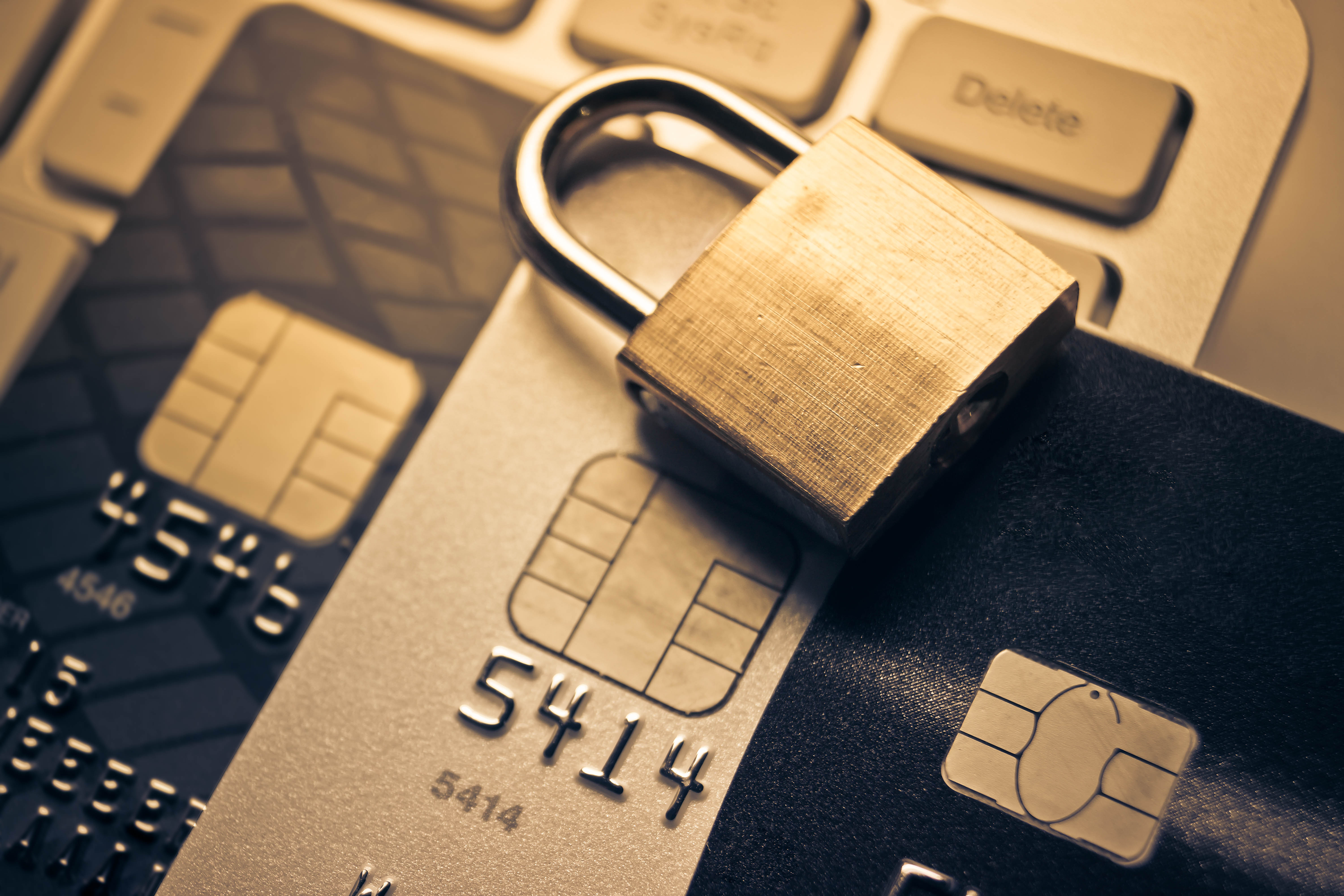Bad Credit Repair Simplified
In order to build a good credit score, you have to work hard, efficiently, and be diligent towards your credit responsibilities. And as you probably understand, this cannot happen overnight. So, what happens if you’re not any close to a great credit rating and you’re...
06 March, 2019





